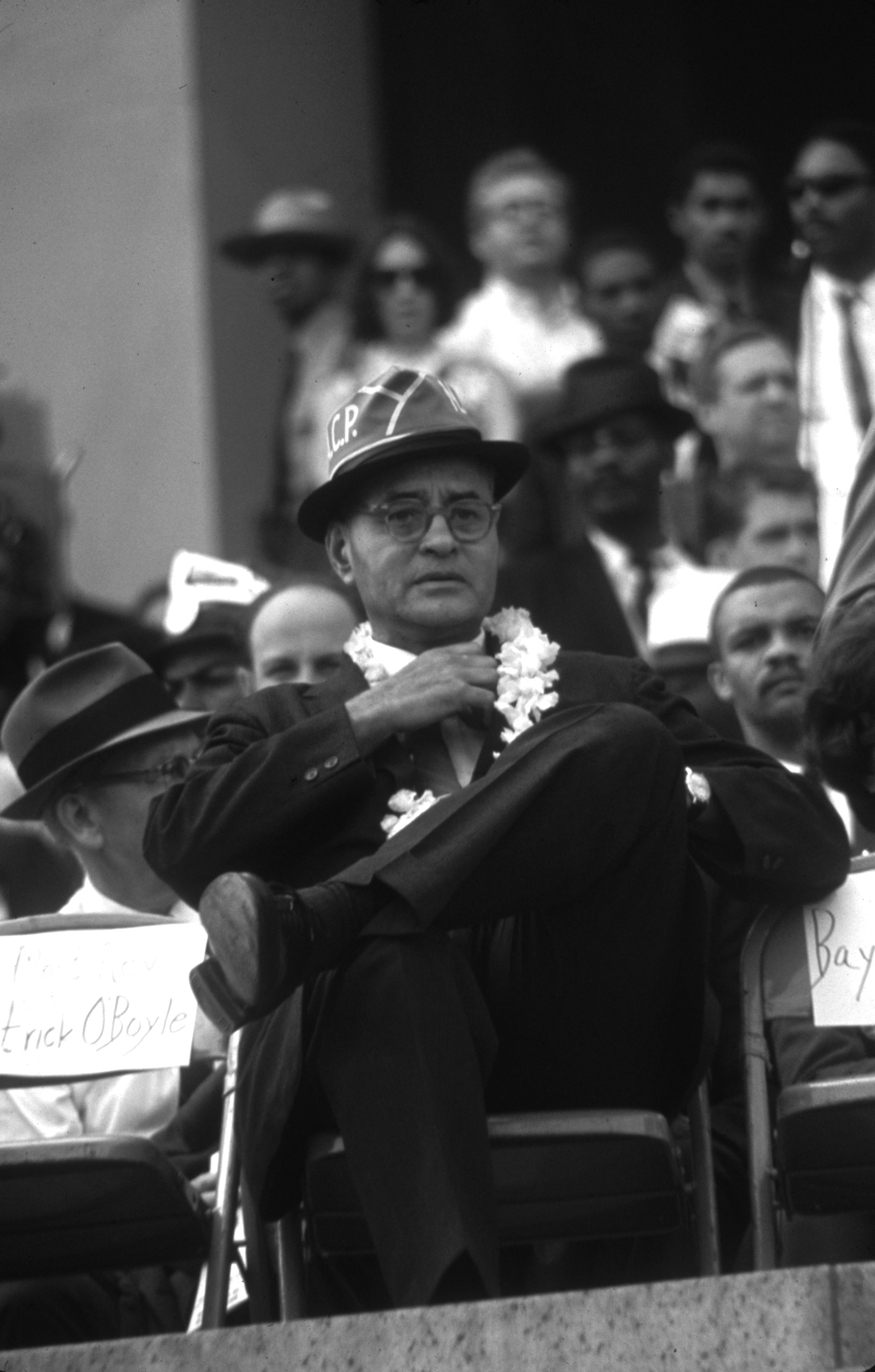
On Friday morning, the Norwegian Nobel Committee will announce the recipient of the 2015 Nobel Peace Prize. Since its inception in 1901, the award has made its way through a series of firsts: The first woman to win, Bertha von Suttner, received the honor in 1905. The first sitting president, Theodore Roosevelt, won in 1906. And the first person to receive the award while in prison, German journalist Carl von Ossietzky, did so in 1935.
But it wasn’t until 1950 that the committee recognized someone who was not white. Ralph Bunche earned the honor for his role in negotiating a ceasefire between Israelis and Palestinians in the late 1940s. Bunche emerged from a difficult childhood—due to his mother’s poor health and his father’s remarriage, he was raised largely by his grandmother—to become valedictorian of both his South Central Los Angeles high school class and his graduating class at the University of California, Los Angeles.
After becoming the first African American to receive a doctorate in political science from an American university, he began teaching and wrote the first of his several books on the intersection of race and politics. Bunche landed his first government post working for the Office of Strategic Services, the predecessor to the CIA, before beginning his work with the United Nations, where he would be instrumental in creating the Universal Declaration of Human Rights.
But the work that would lead to his Nobel honor began in 1947, when Bunche was assigned to a special U.N. committee on Palestine. Following the highly controversial partition of Palestine and the declaration of the state of Israel in May 1948, a coalition of neighboring Arab countries invaded the new state. Though Bunche negotiated a ceasefire the following month, it was a fragile peace. Months later, an extremist Jewish faction assassinated the lead mediator of the conflict, Swedish Count Folke Bernadotte, and Bunche was appointed his successor.
Bunche led negotiations with the Israelis and Egyptians on the island of Rhodes in early 1949. By the end of February, he had persuaded both sides to sign a truce, and once Egypt signed on, Jordan, Lebanon and Syria followed suit. When Bunche learned that he would be awarded the Nobel Prize for his leadership, he strongly considered rejecting it—it is the job of U.N. officials, after all, to negotiate peace. He was persuaded by the U.N. Secretary-General to accept it, if for no other reason than positive publicity for the organization.
According to former Secretary of State James A. Baker III, who delivered remarks about Bunche upon receiving the Ralph Bunche Award for Diplomatic Excellence in 2014, Bunche had a sense of humor about his very serious work. After all parties signed the Armistice Agreement in 1949, Bunche gifted his fellow negotiators with memorial plates bearing their names. When asked what he would have done with them had the group failed to reach an agreement, Bunche responded, “I’d have broken the plates over your damn heads.”
Liz Ronk, who edited this gallery, is the Photo Editor for LIFE.com. Follow her on Twitter @lizabethronk.
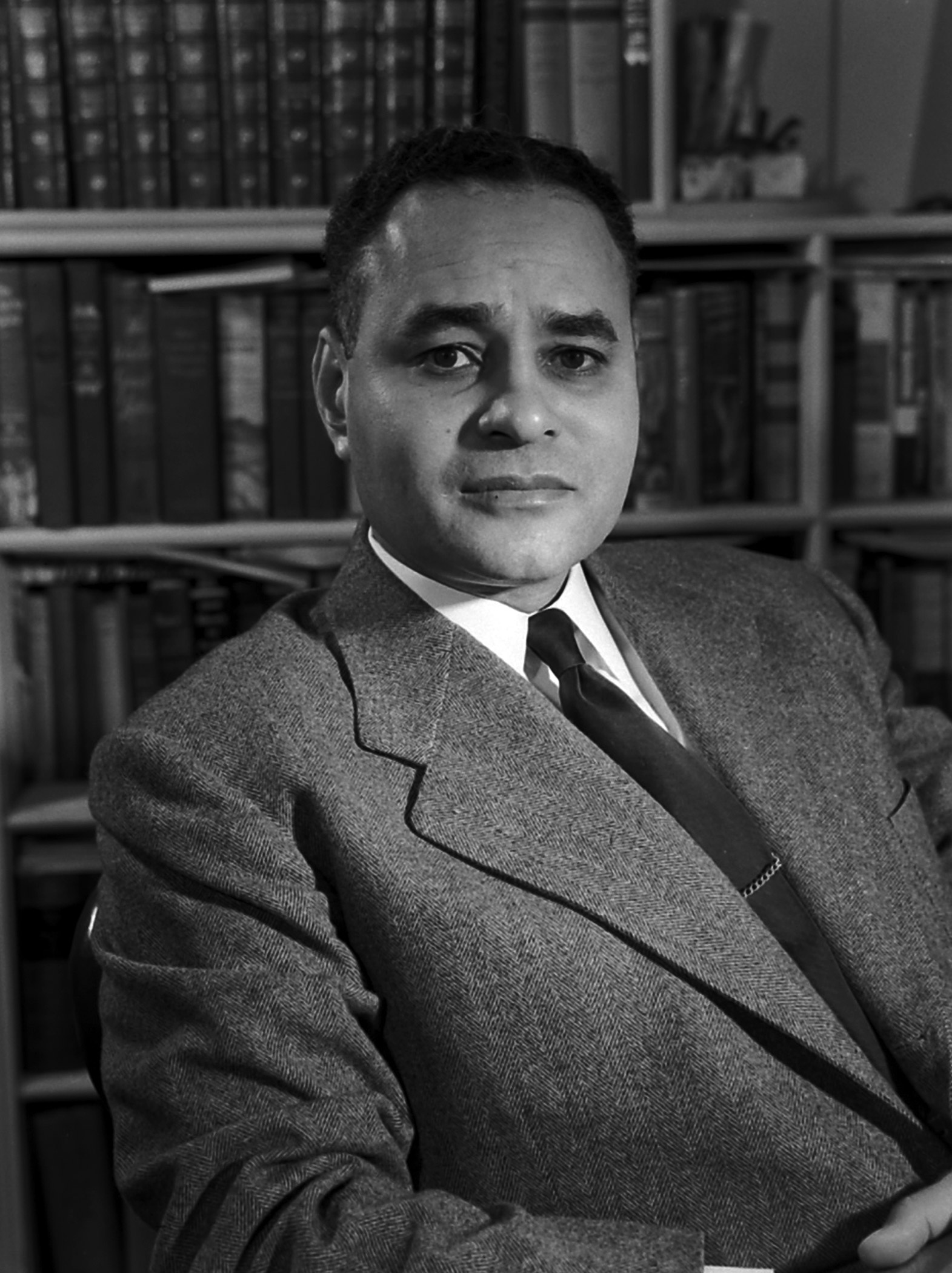
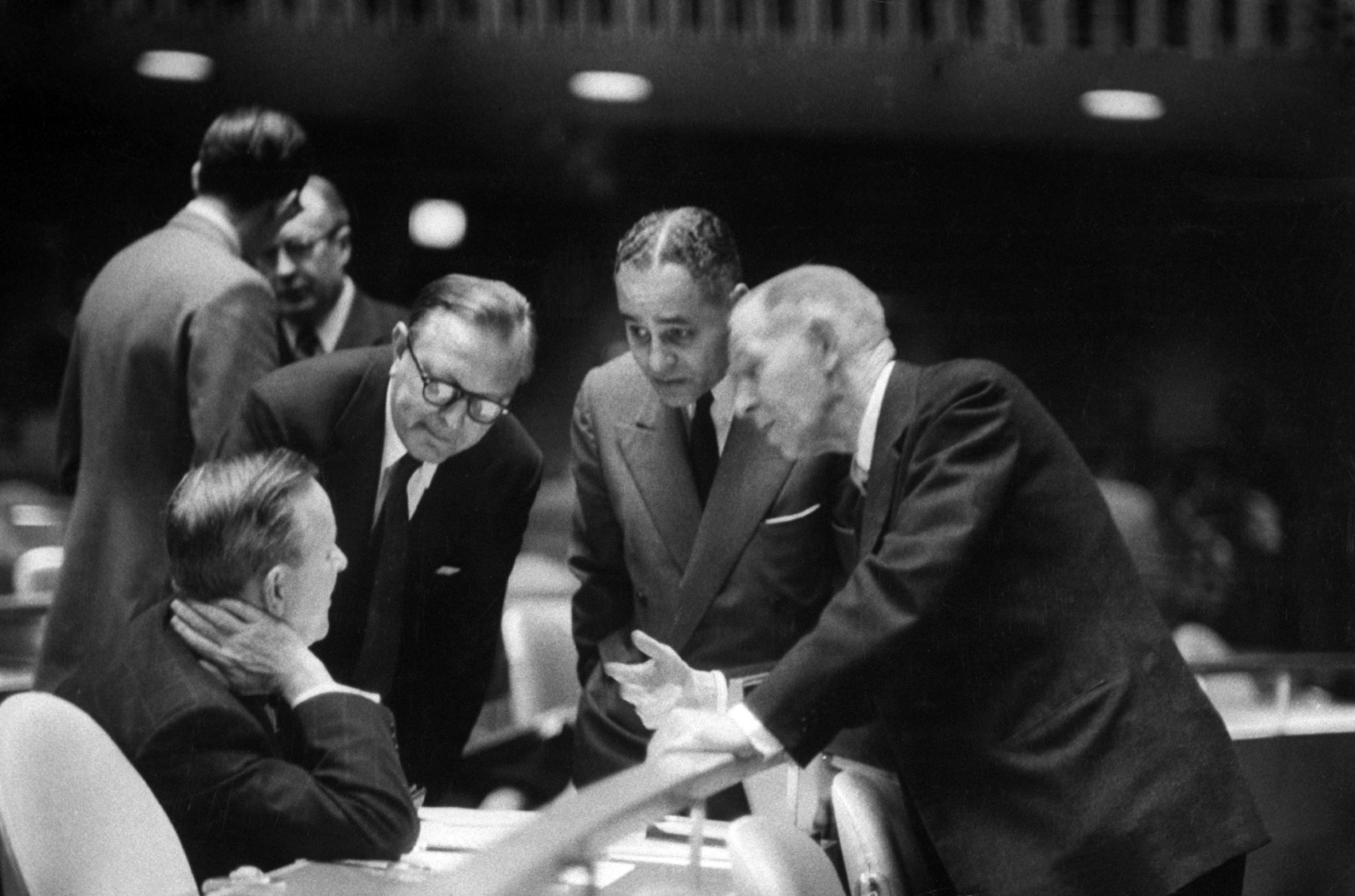
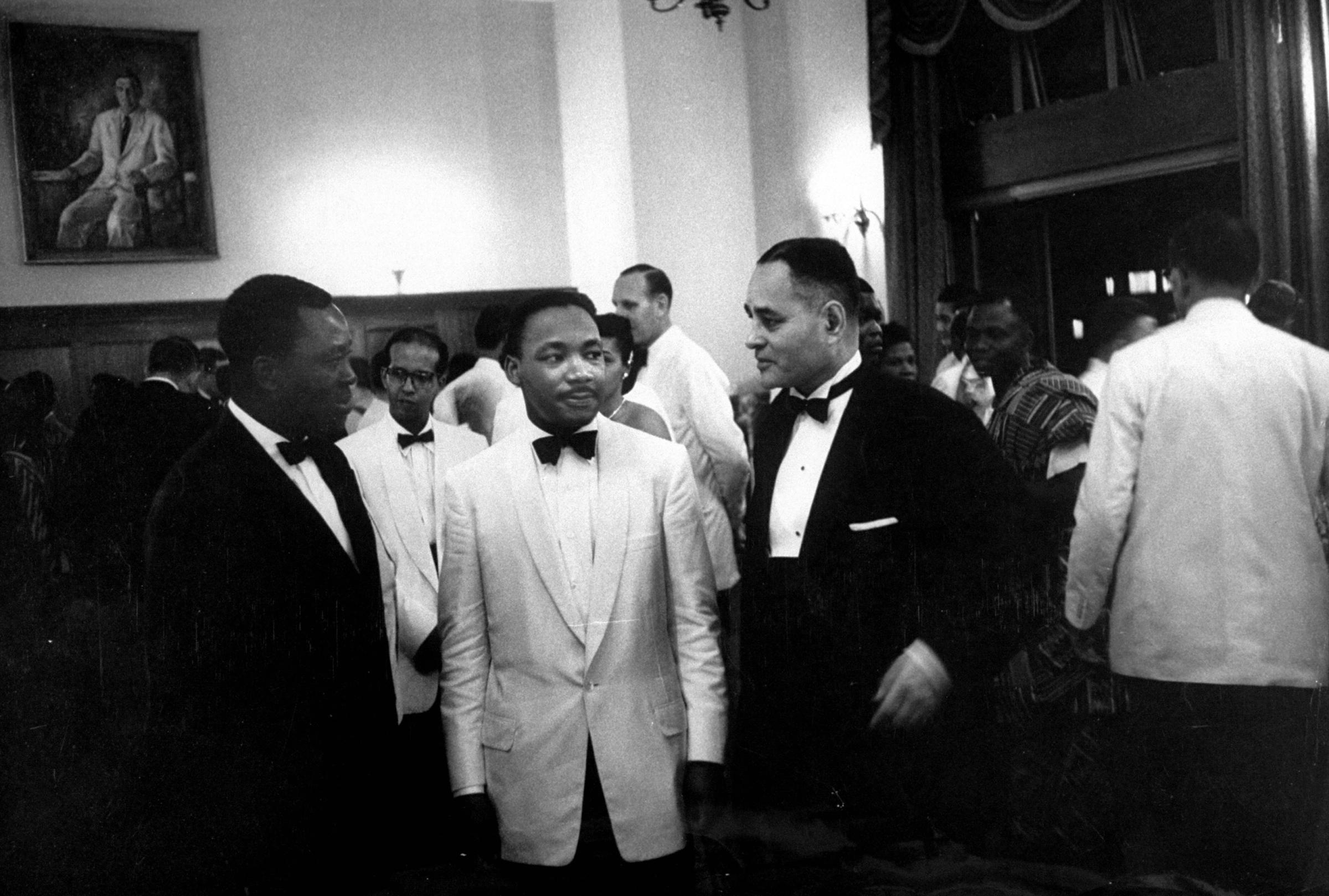
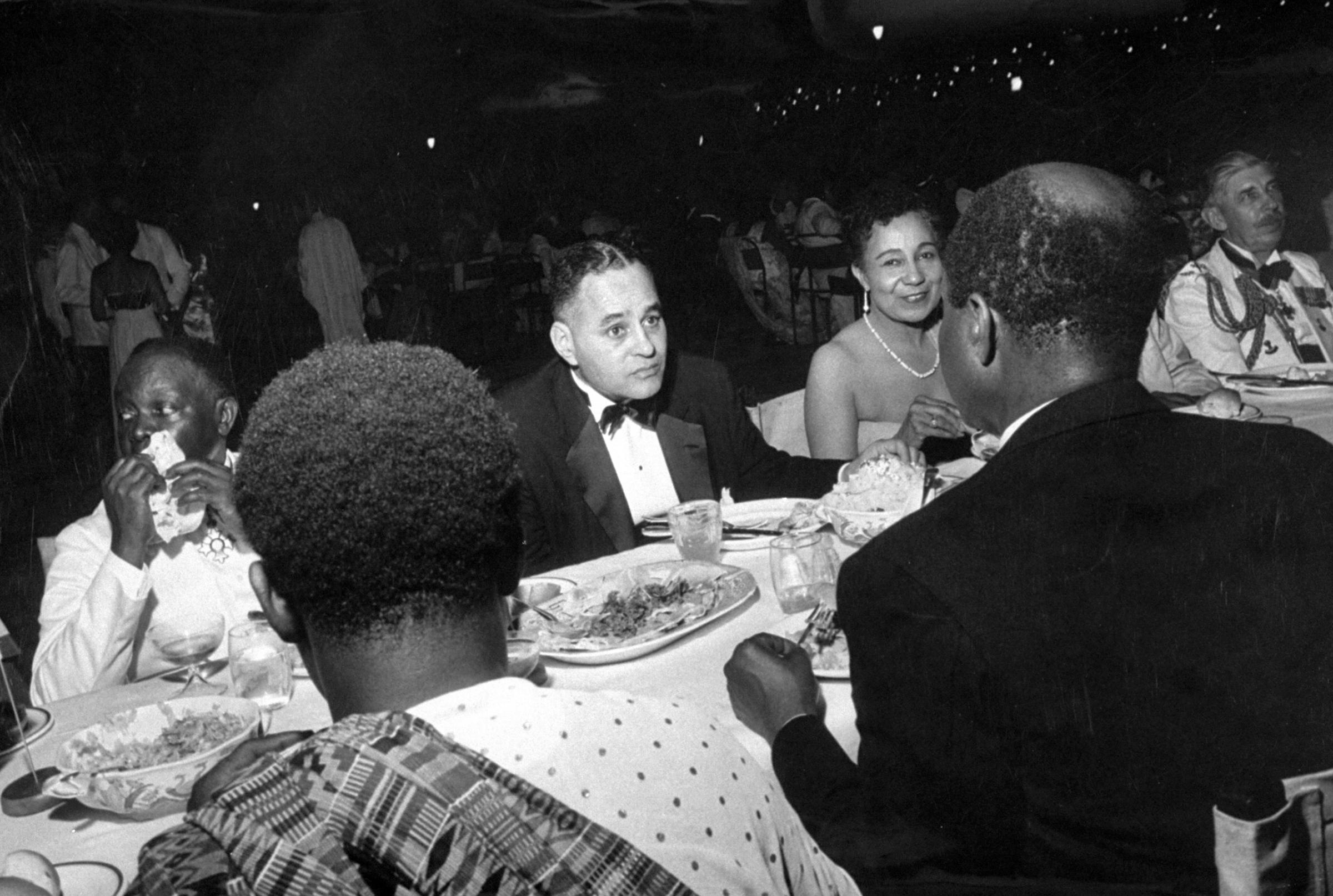
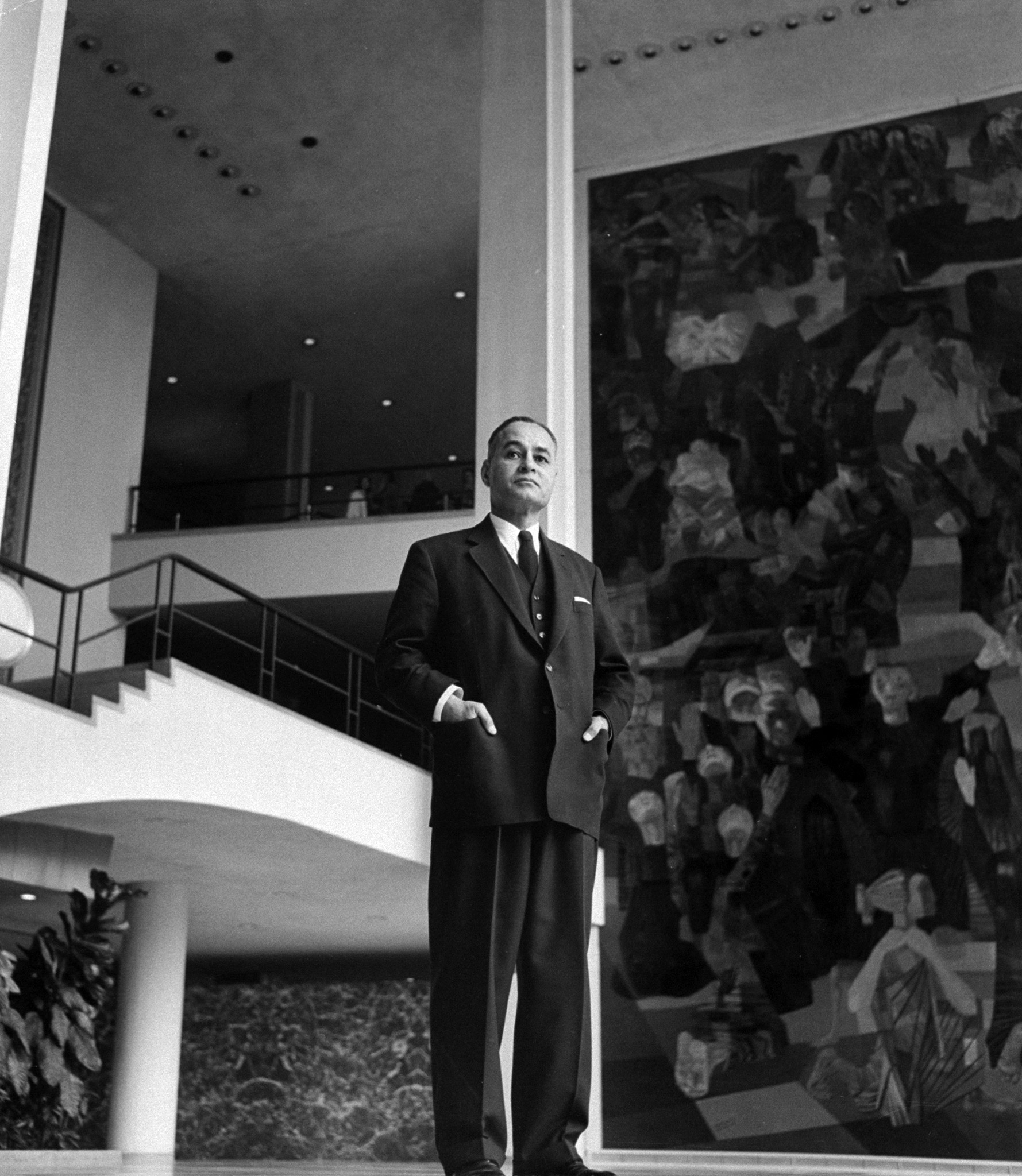
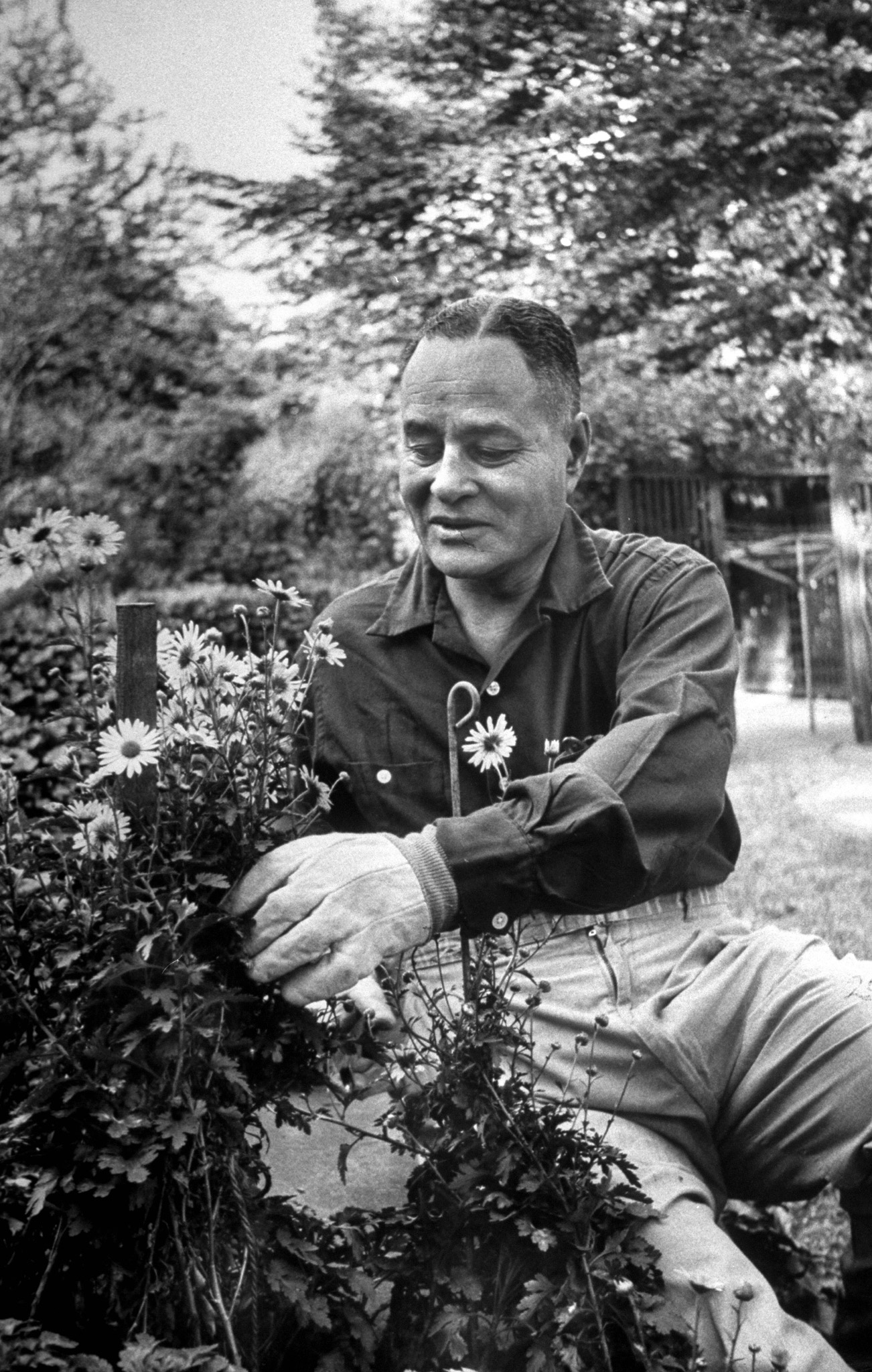
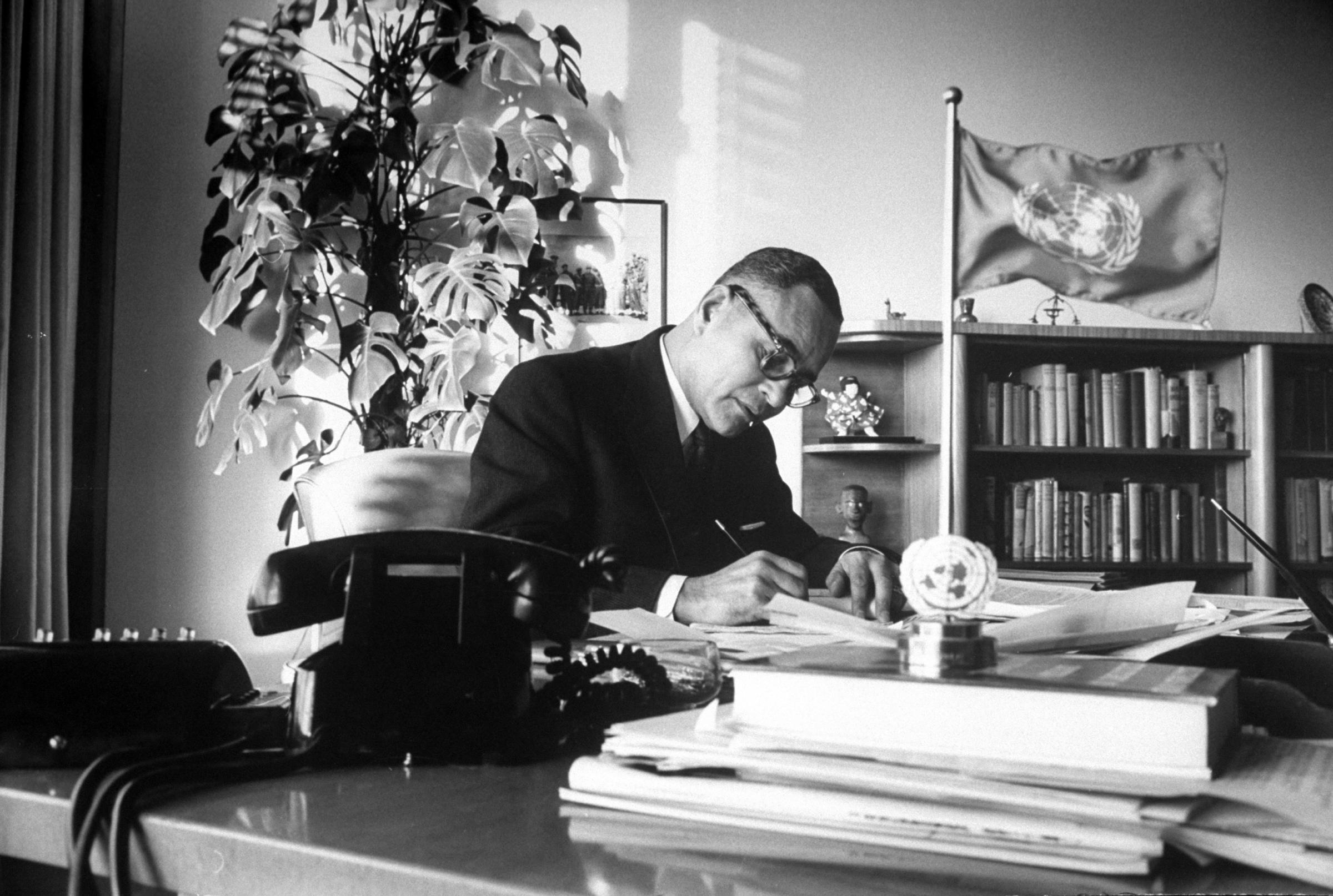
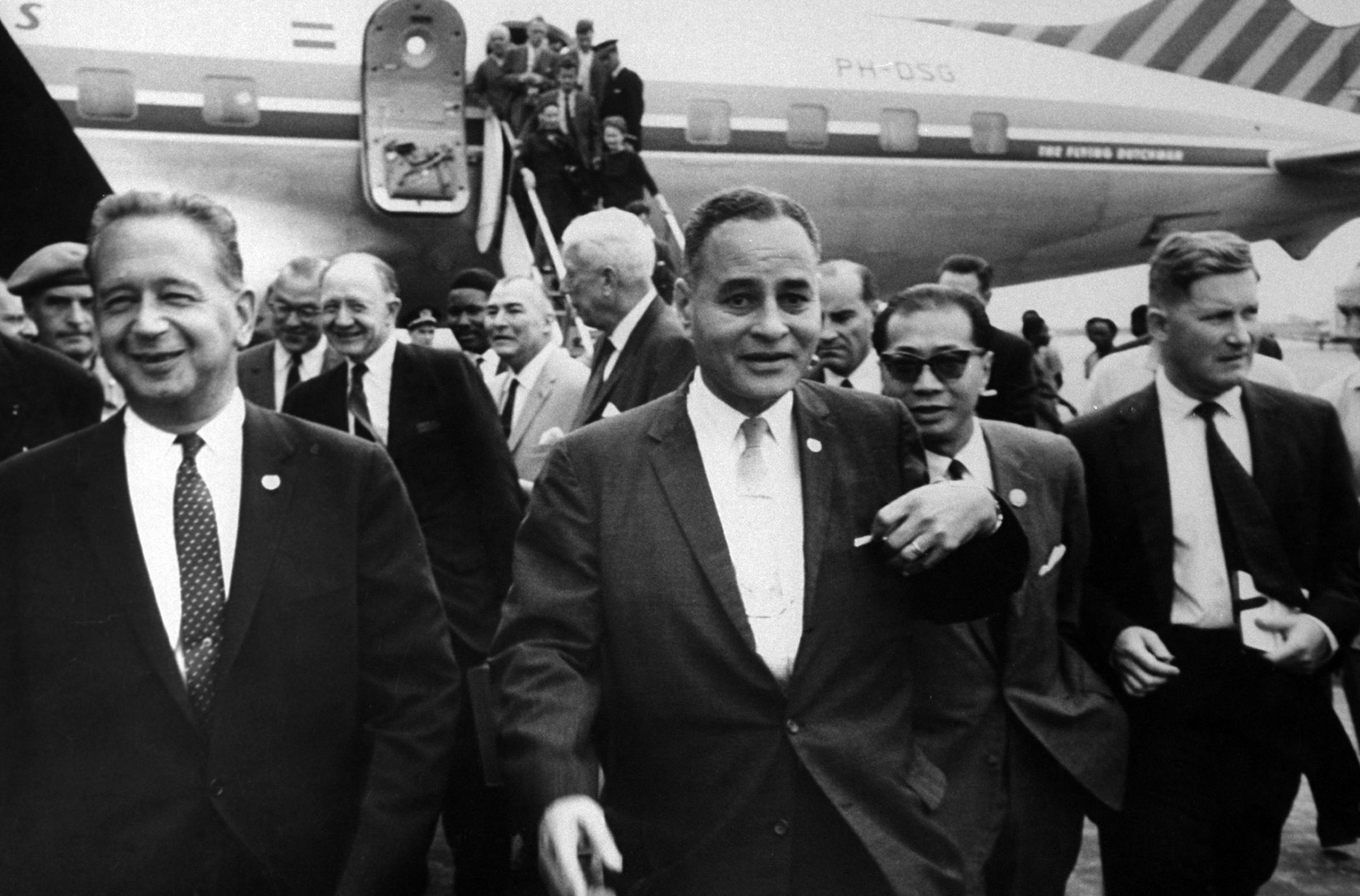
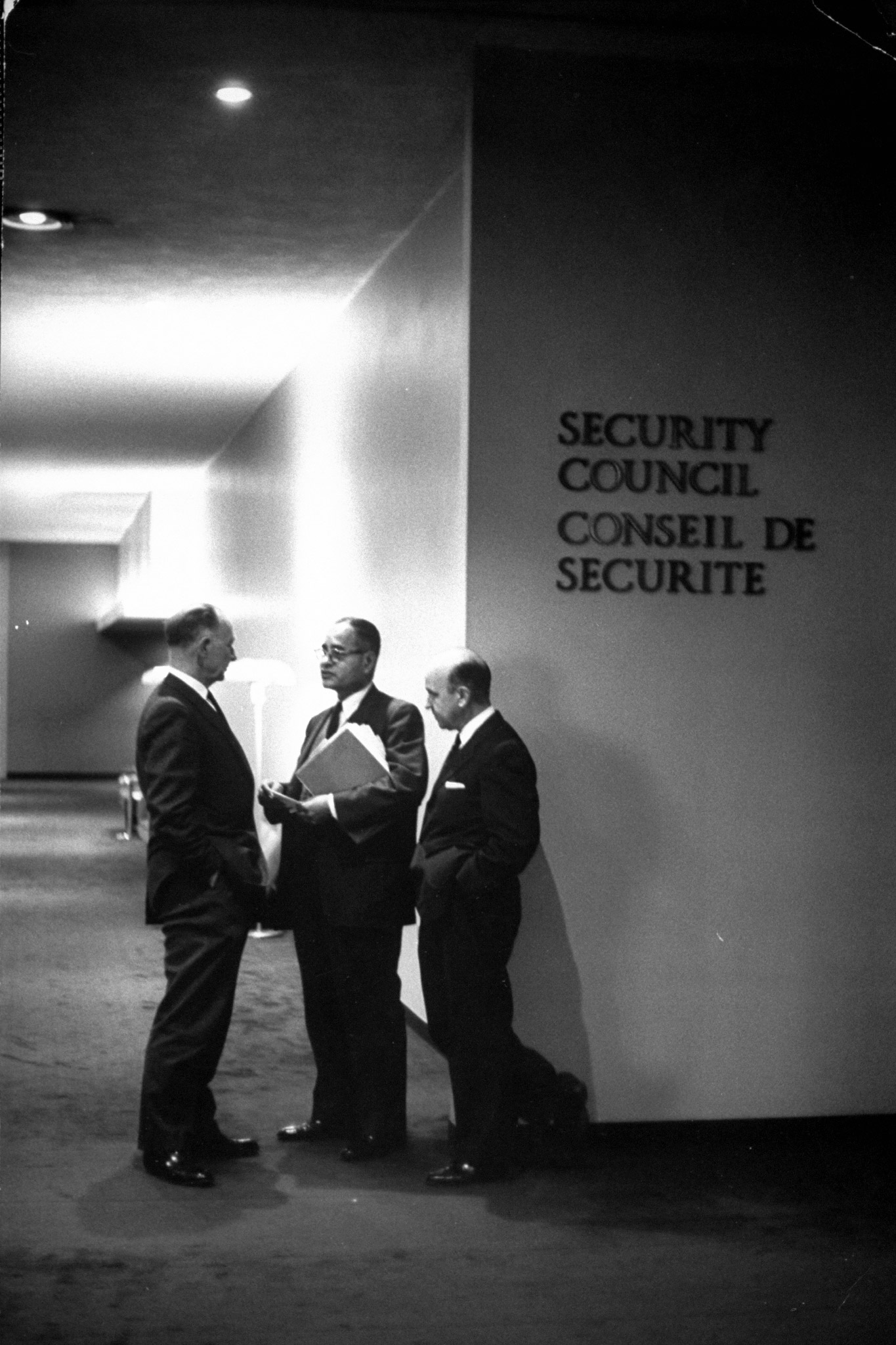
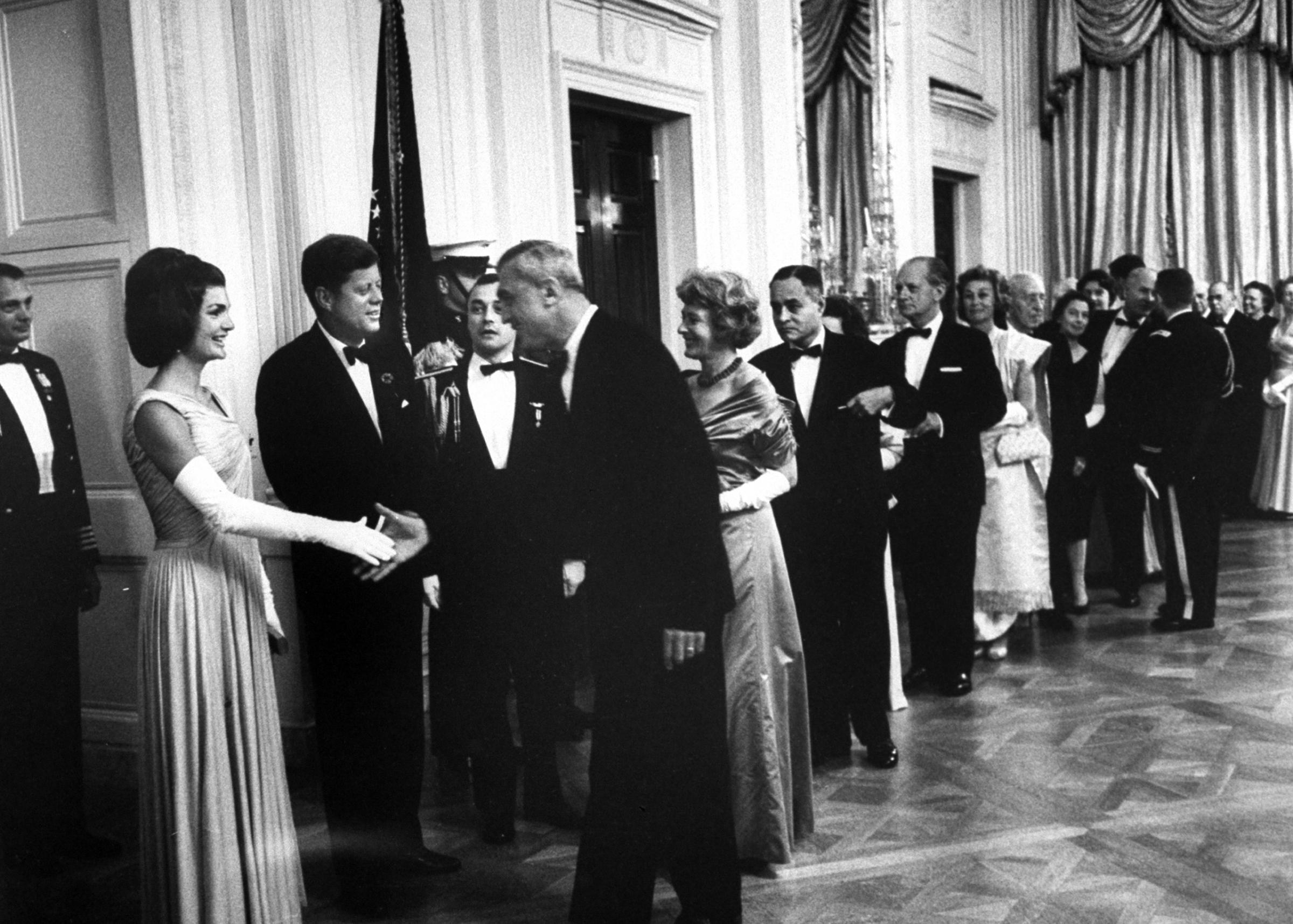
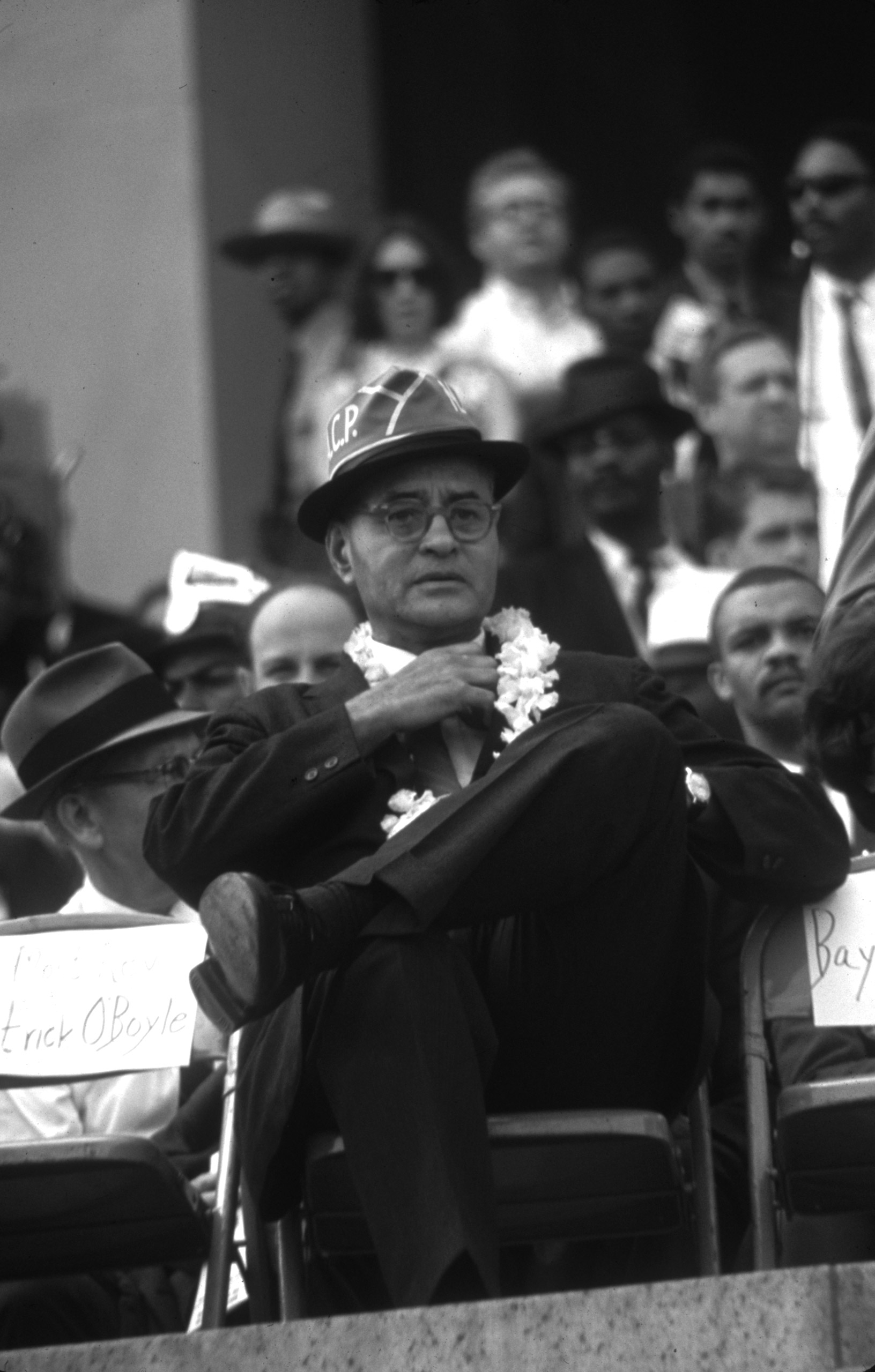
More Must-Reads from TIME
- Donald Trump Is TIME's 2024 Person of the Year
- TIME’s Top 10 Photos of 2024
- Why Gen Z Is Drinking Less
- The Best Movies About Cooking
- Why Is Anxiety Worse at Night?
- A Head-to-Toe Guide to Treating Dry Skin
- Why Street Cats Are Taking Over Urban Neighborhoods
- Column: Jimmy Carter’s Global Legacy Was Moral Clarity
Write to Eliza Berman at eliza.berman@time.com